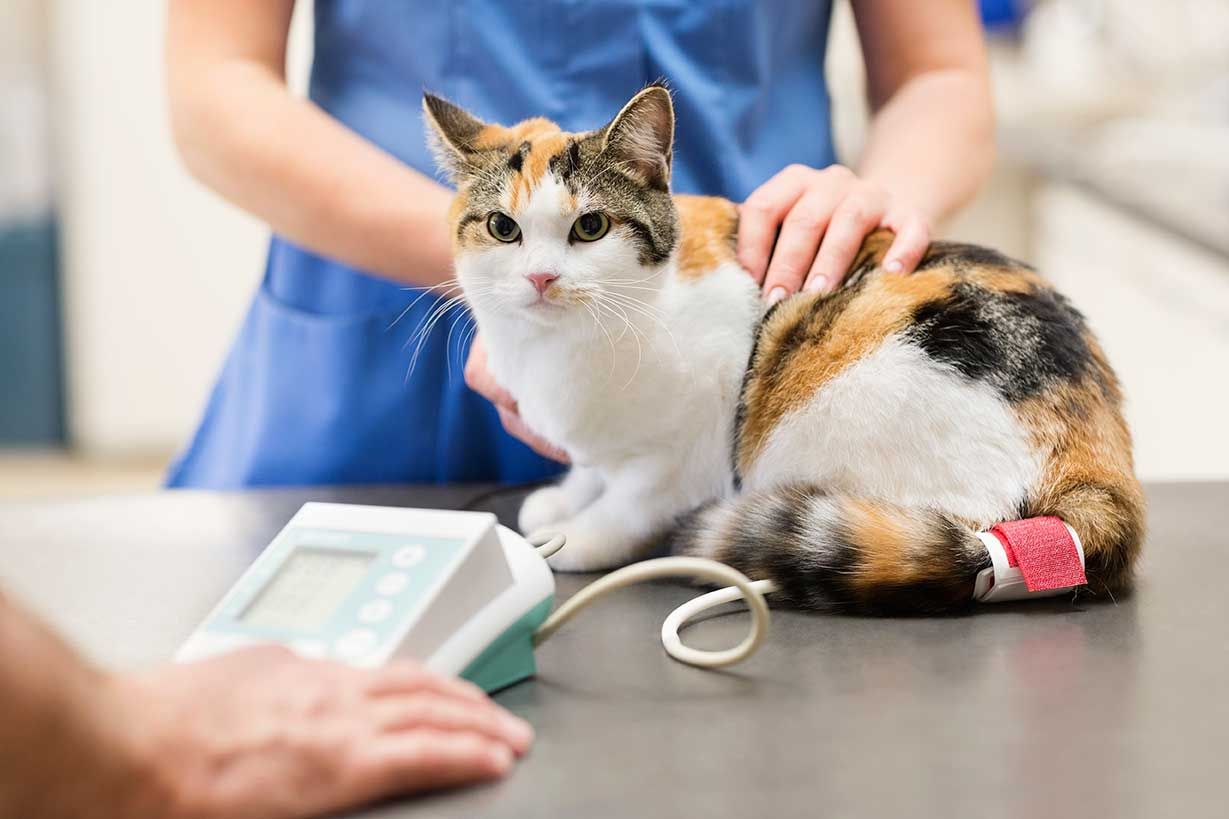Houseplants You Should Keep Away From Your Cat
15 November 2017

A simple household plant can be dangerous to your cat if consumed. In fact, some of the plants that you keep indoors may be fatal if eaten.
Unfortunately, cats are more stubborn that you'd like, and their curious nature combined with their natural tendency to get into mischief can lead to drastic results if they get into your houseplants.
Here is a guide that lists common household plants that are toxic to cats, how to keep your cats away from them and how you can tell if your cat has been accidentally poisoned. If you ever suspect any kind of toxicity in your cat, call your vet immediately for care.
Aloe Vera
Aloe vera is a common household plant, not because of its attraction but because of its health benefits. Aloe juice and pulp can be used to treat a variety of conditions in people, but it is highly toxic to cats. Keep aloe plants away from cats, like on your refrigerator or in your bedroom, and spray the plants with vinegar to make them less tasty to curious felines who find them.
Cats who consume aloe may vomit, become lethargic or have diarrhea. Call your vet right away if you believe your cat has ingested any part of an aloe plant.
Tomato
If you love to grow your tomato plants indoors, you may want to think twice about doing so if you also have cats. Tomato stems, leaves and even unripe tomatoes are toxic to your cat's sensitive system.
While ripe tomatoes may be a sweet treat for your cat now and then (with your vet's permission), the rest of the plant can cause gastrointestinal problems in your cat. Keep tomatoes outside or in a special greenhouse away from your kitty.
Eucalyptus
This fragrant plant is common in many homes because it looks pretty and smells even more decadent. Dried or fresh, eucalyptus is dangerous for your cat. Your cat can experience salivation, seizures, vomiting, diarrhea, confusion and other concerning symptoms after consuming this potent houseplant. To keep your cats safe, use eucalyptus essential oil in a sealed container instead of fresh or dried plants.
If you have any suspicions of your cat eating eucalyptus, don't wait for the symptoms to appear before you take them to the vet. In some cases, poisoning in your cat can take hours to manifest as it works its way through their vital organs, including their kidneys. Waiting until your cat appears to be ill can be a fatal mistake.
Christmas Trees
Christmas trees - or their limbs, needles and pine cones - are popular home decor during the fall and winter seasons. While Christmas trees are not the most toxic houseplant on the list, they should still be kept away from cats (and dogs). Pine needles and sap are the most dangerous.
Christmas trees can cause mild stomach upset in felines. In addition, pine needles can become choking items, so watch for signs of distress in your feline when they are around your decor, including:
- Gagging
- Choking
- Salivation
- Bulging eyes
- Running in panic
If you believe your cat is choking or experiencing other symptoms of poisoning and they have been near your Christmas tree or its needles, call your vet right away. It's best to keep cats away from home decor in general to avoid accidents around the home.
Your vet can administer emergency care to your cat if you suspect they have been poisoned. If you have houseplants and you are concerned about keeping them around your cat, call our vet team at Pet Medical Center of Vero Beach today. We can give you advice on how to keep your cats safe in your home.
If left untreated, roundworms and hookworms can cause serious health problems for your pet. Read about the signs in this blog and how to take action.
Many pet owners overlook the importance of dental health in their pets. Read this blog to learn why dental health is so important for your animal companion.
Your beloved pets, whether our loyal canines or our independent felines, play an integral role in your life. Read on to learn how to manage their stress.
Dogs can suffer from a plethora of digestive issues. But how can you tell if your pup has any digestive issues? Discover some key signs to look out for.
A tick’s bite can spread deadly diseases to you and your pet. Learn about a few tick-borne conditions your pet may contract if they spend time outside.
Has your animal's hair changed? Discover what this might mean and if your best friend might need treatment for their potential problem.
Prepare your puppy for its first vet visit to avoid challenges during a medical examination. This post highlights five ways to help your puppy.
If your dog is pregnant, you might feel unprepared. Read this blog to learn everything you should know about canine pregnancy, labor, and delivery.
A surgery is an invasive procedure that requires preparation to ease your cat and ensure a smooth recovery. Discover tips to prepare your cat for surgery.
Just like humans, pets can face various health issues. Learn about the most common conditions that pets face and how to avoid and treat them.





